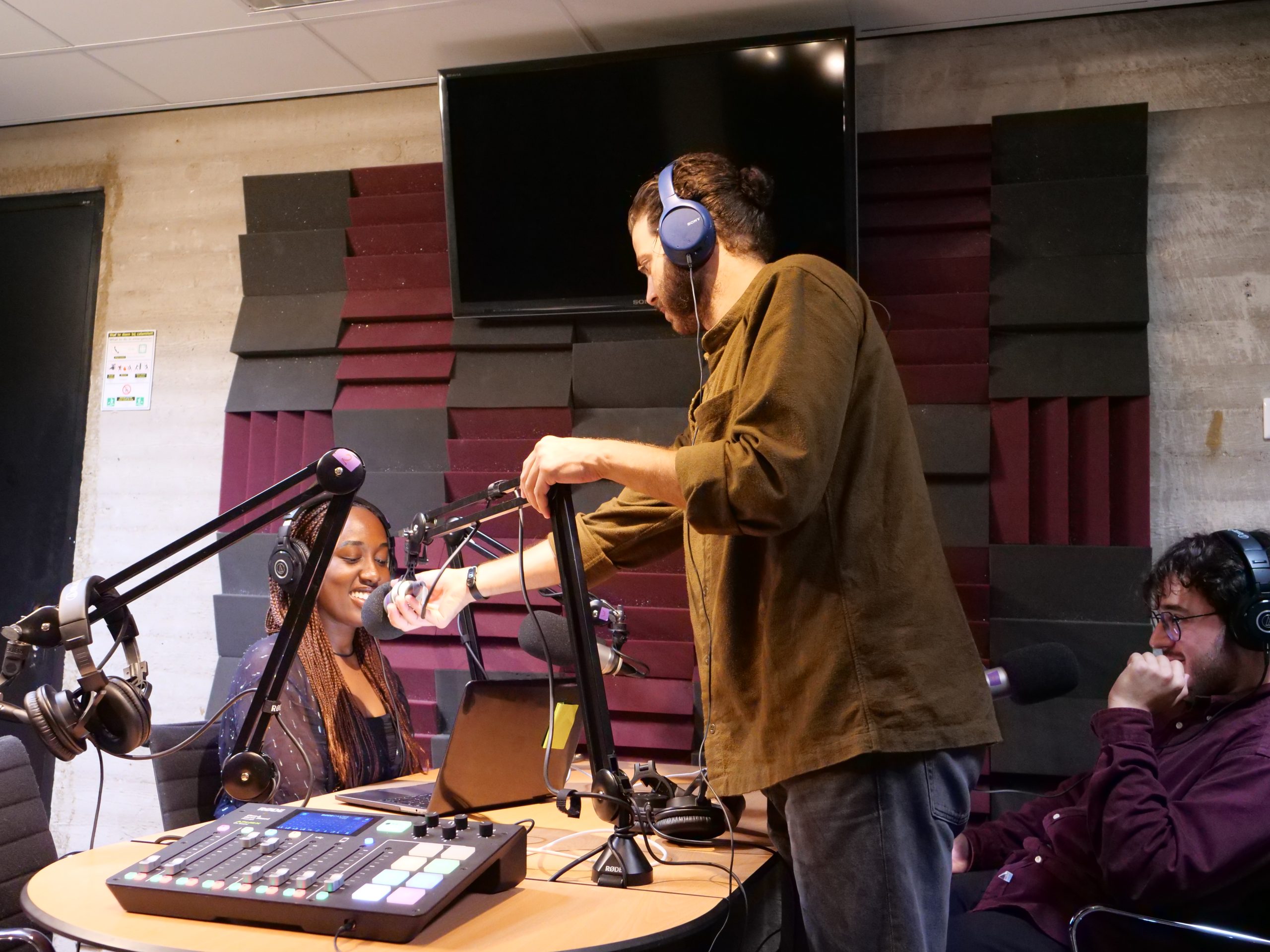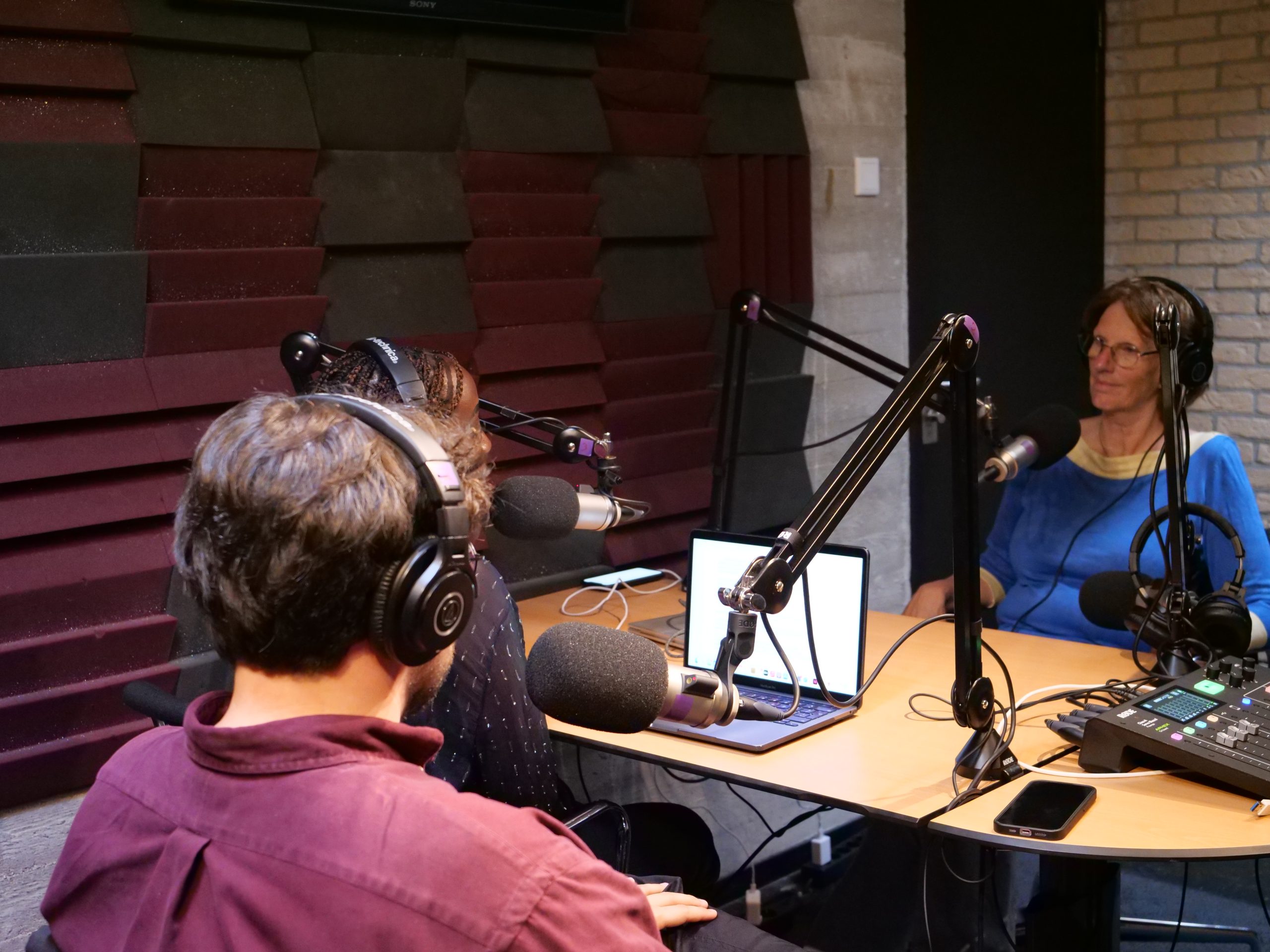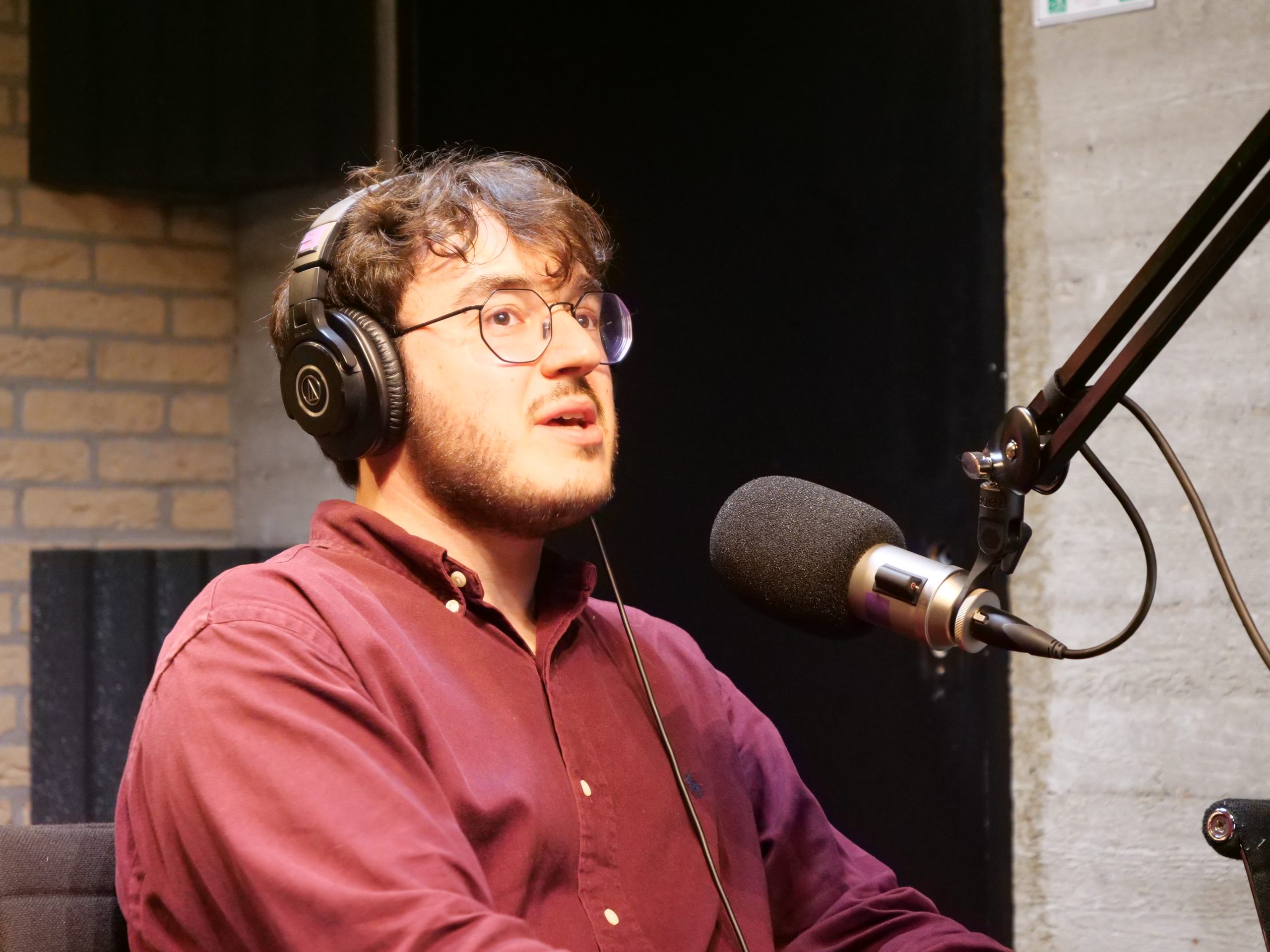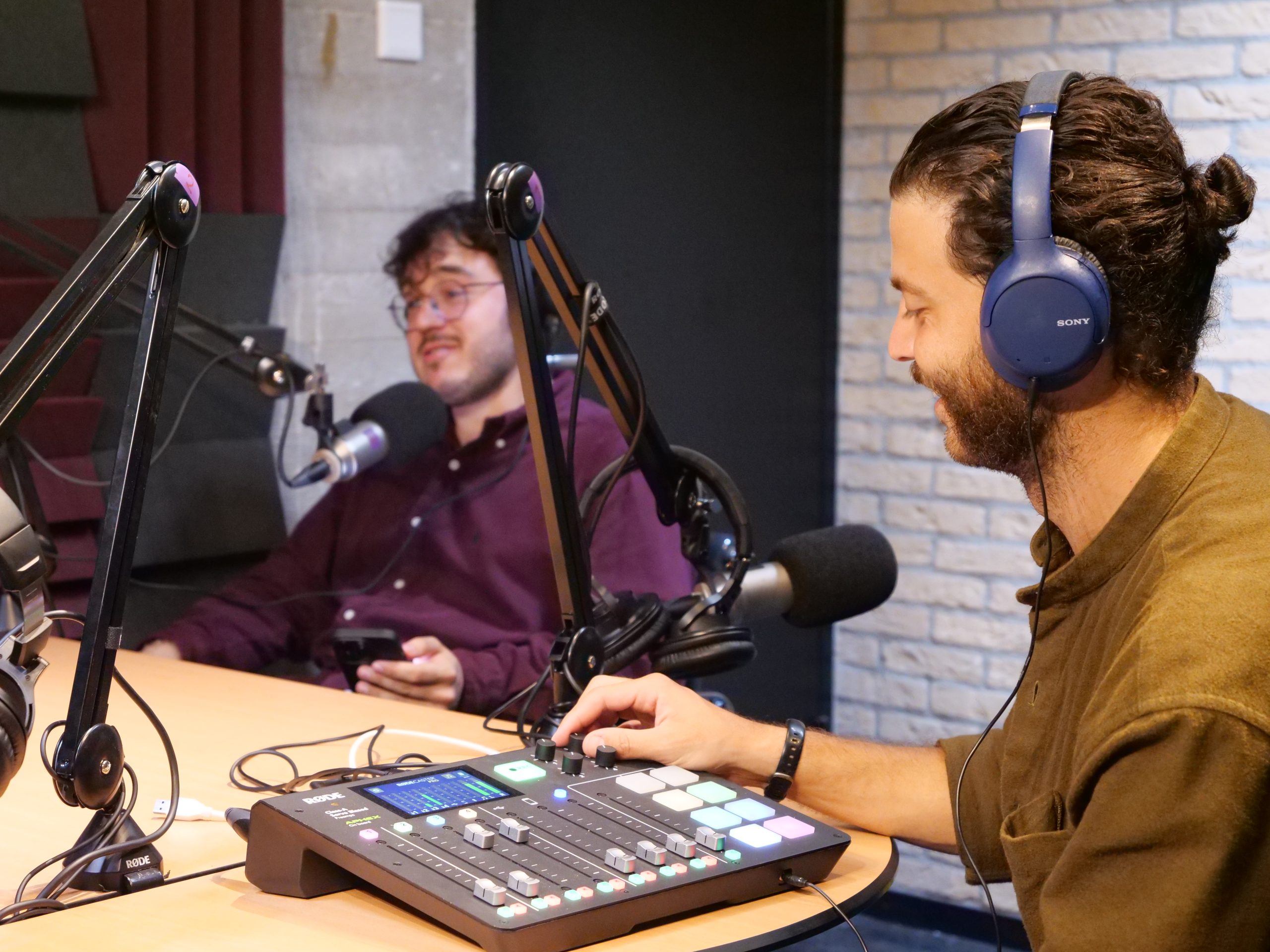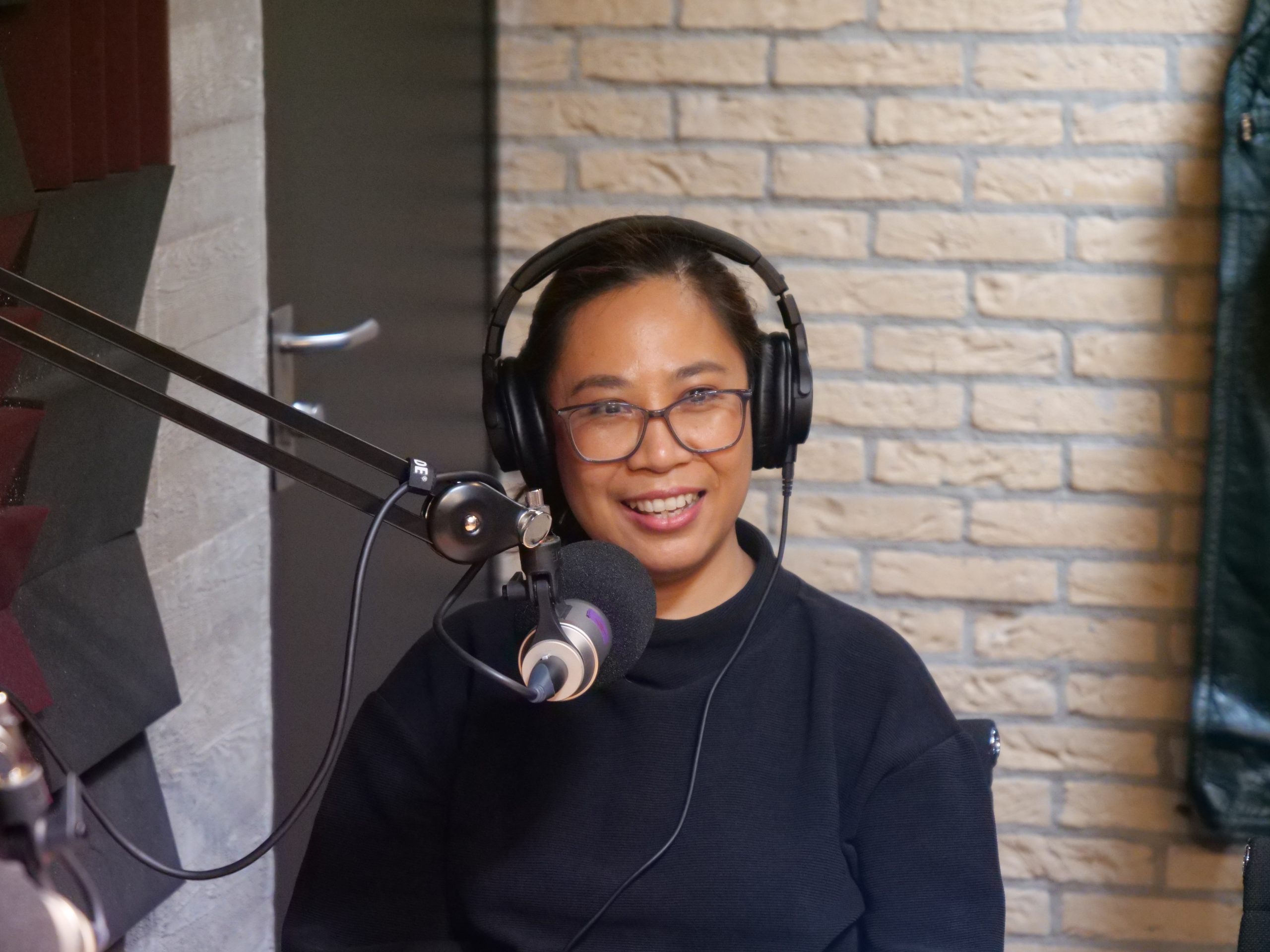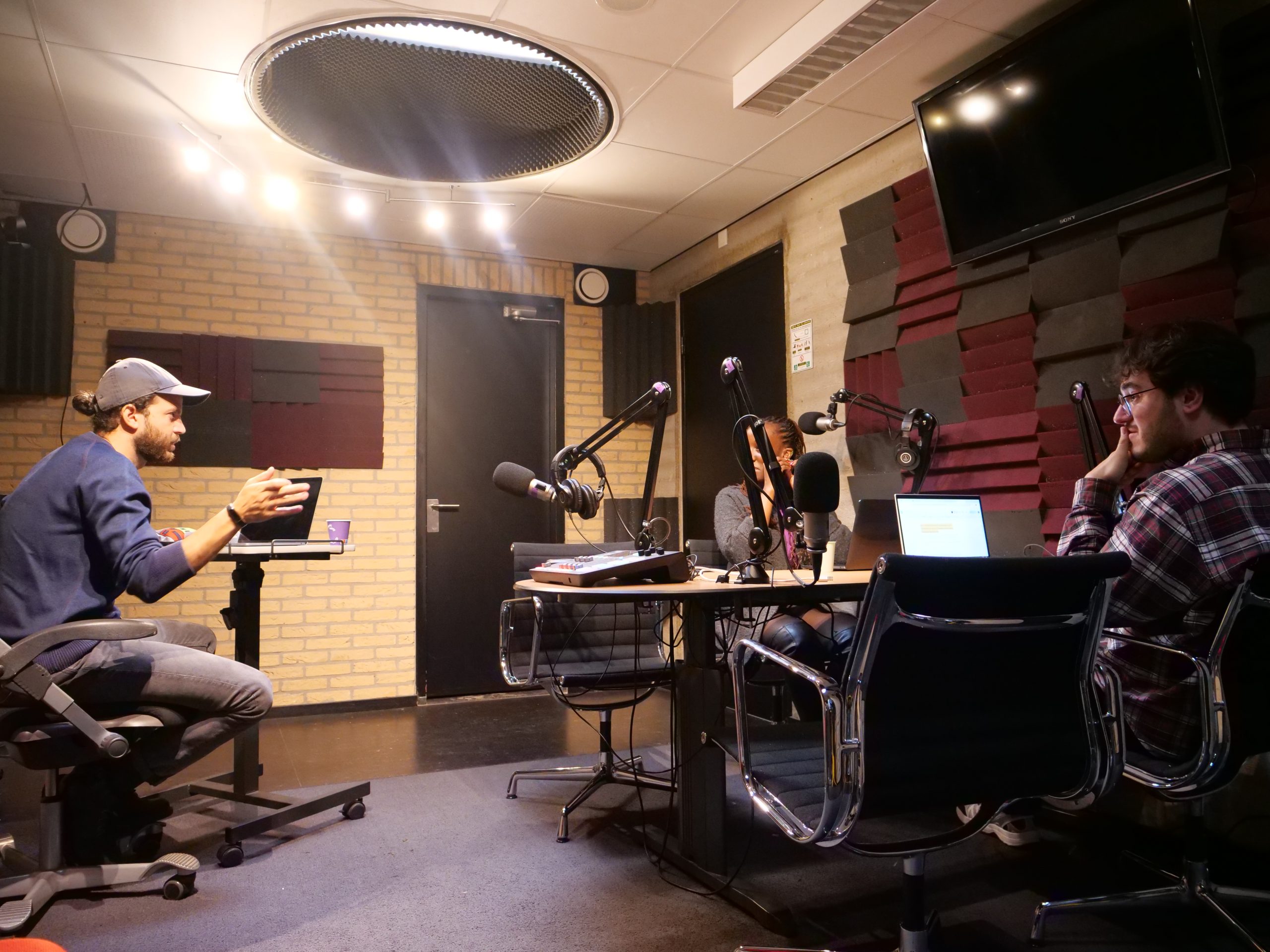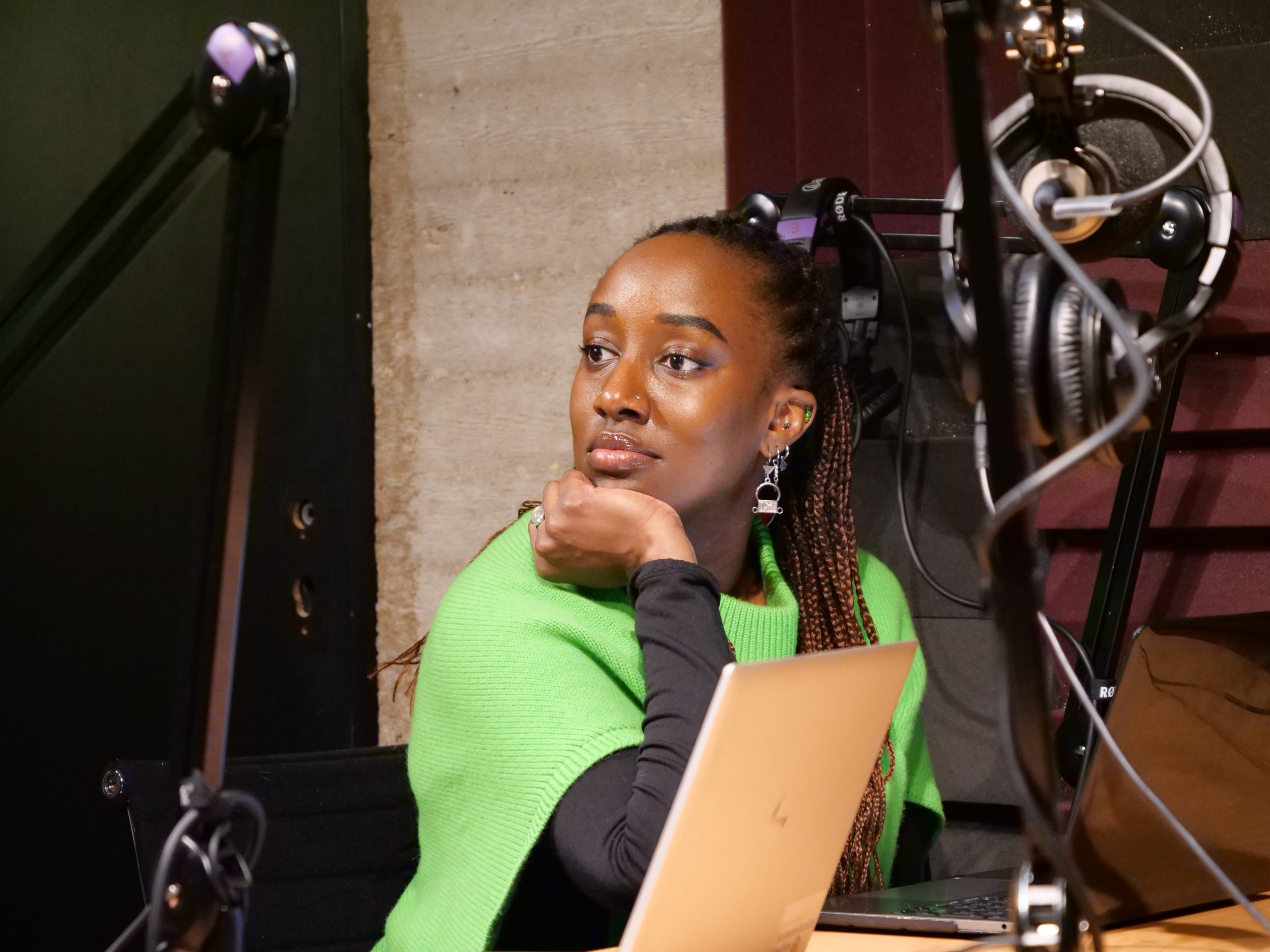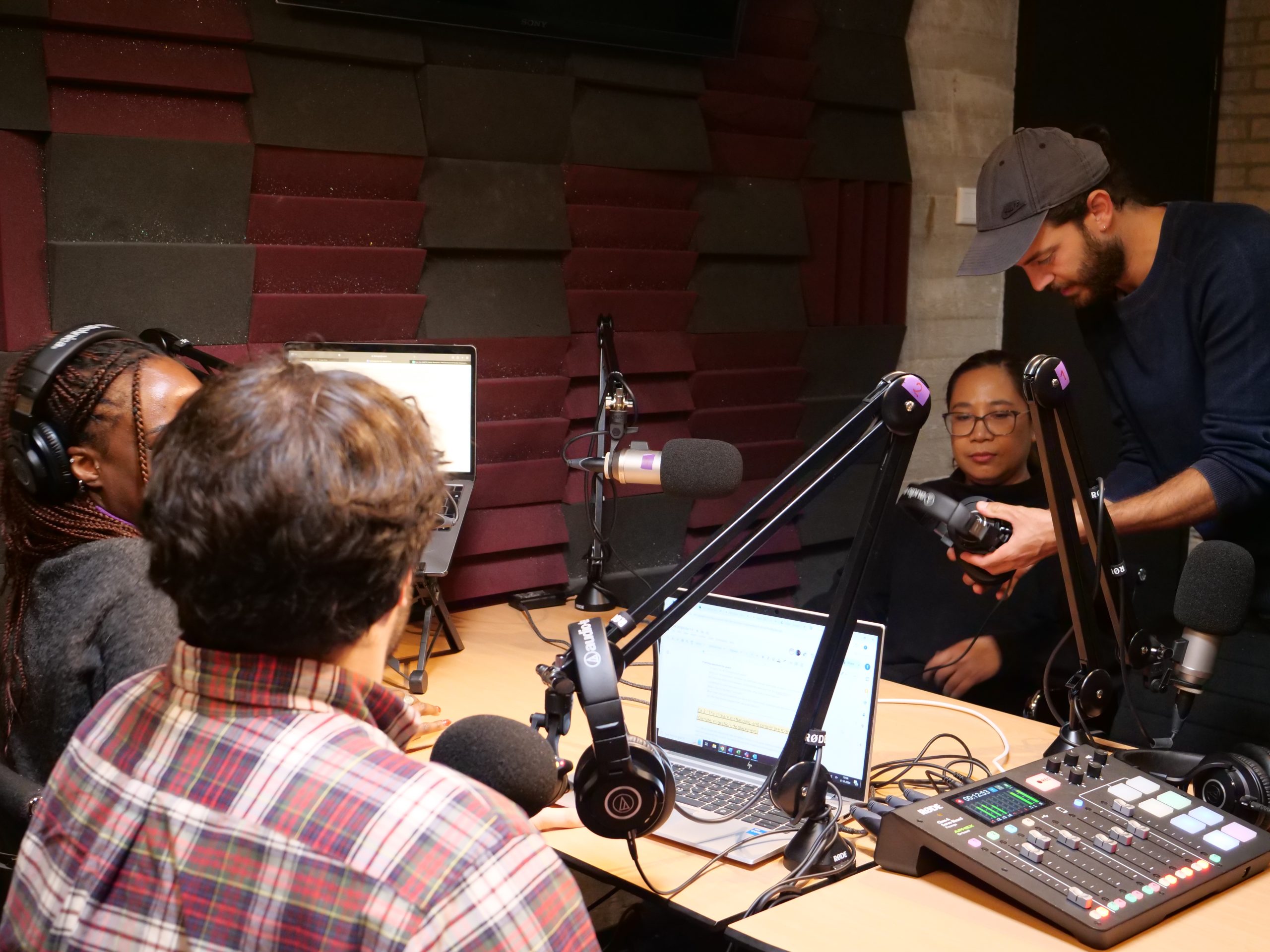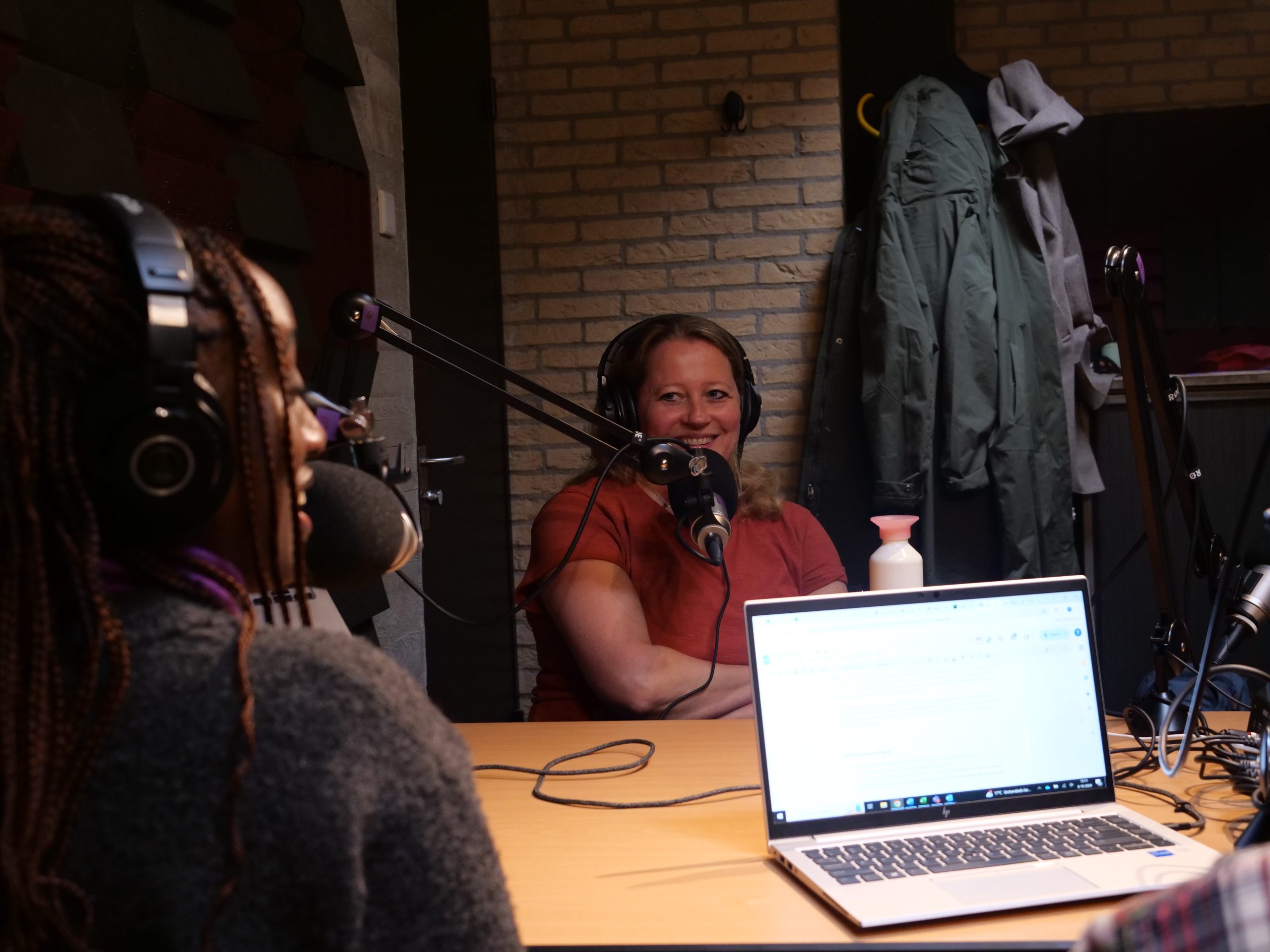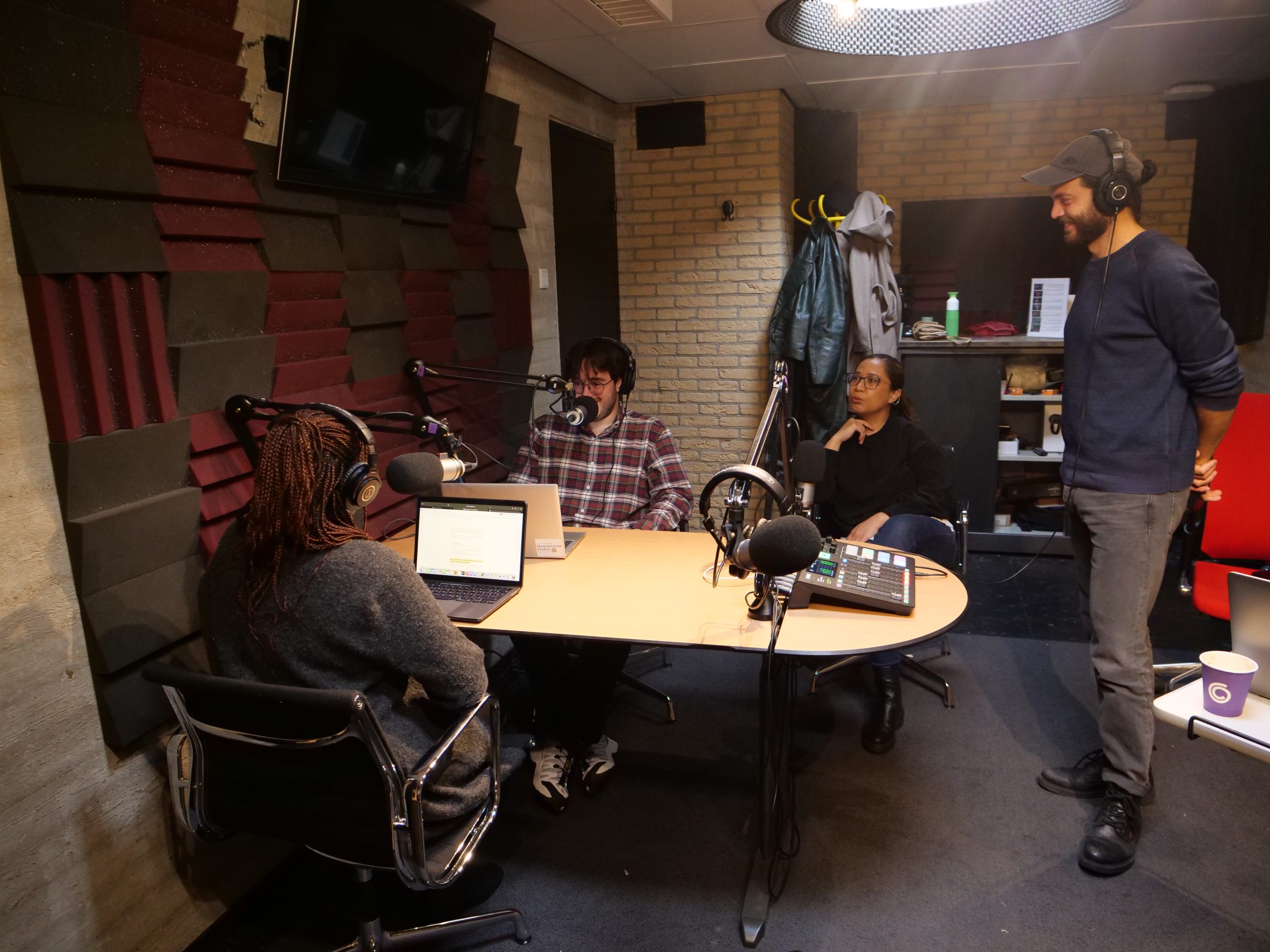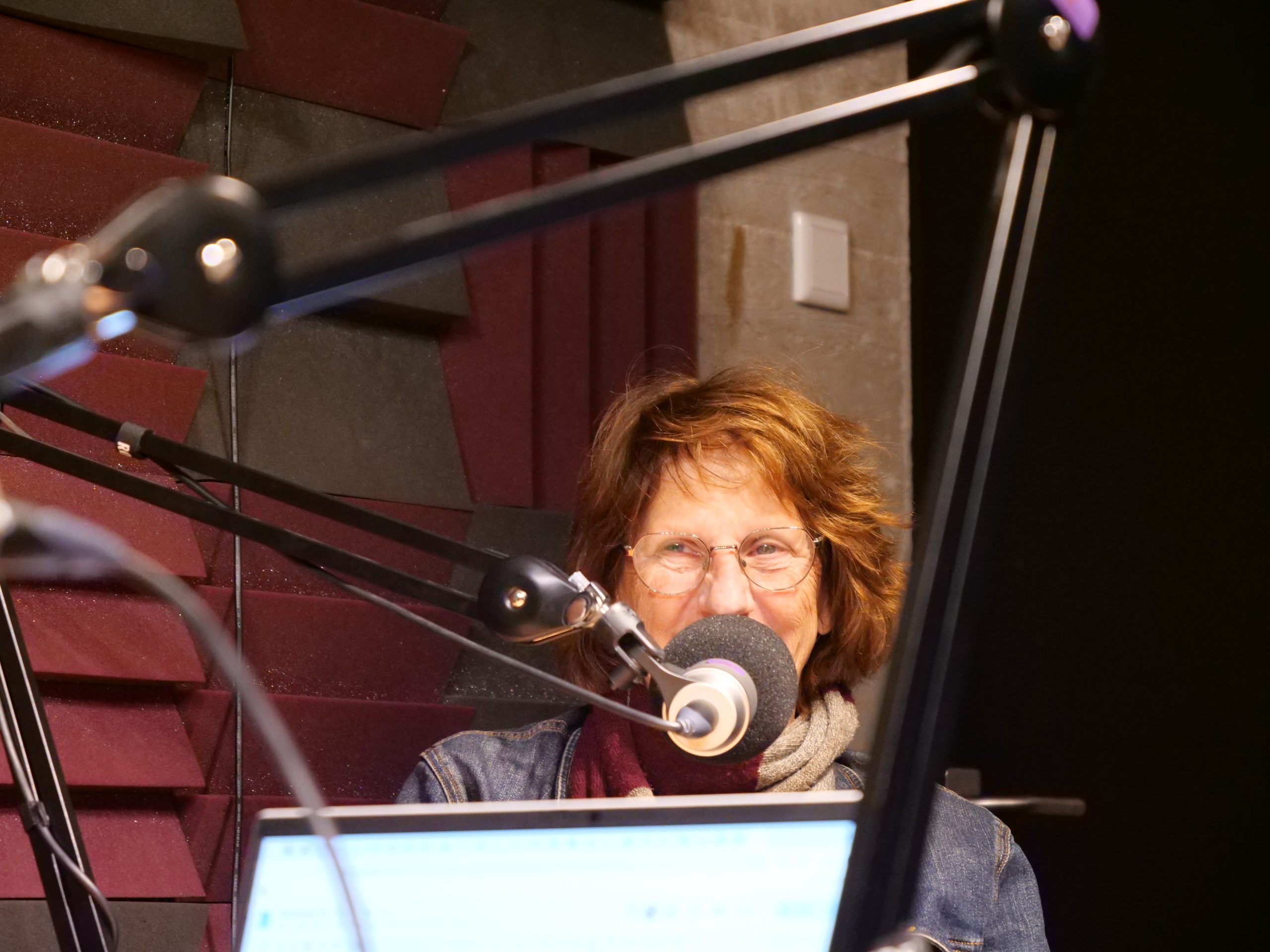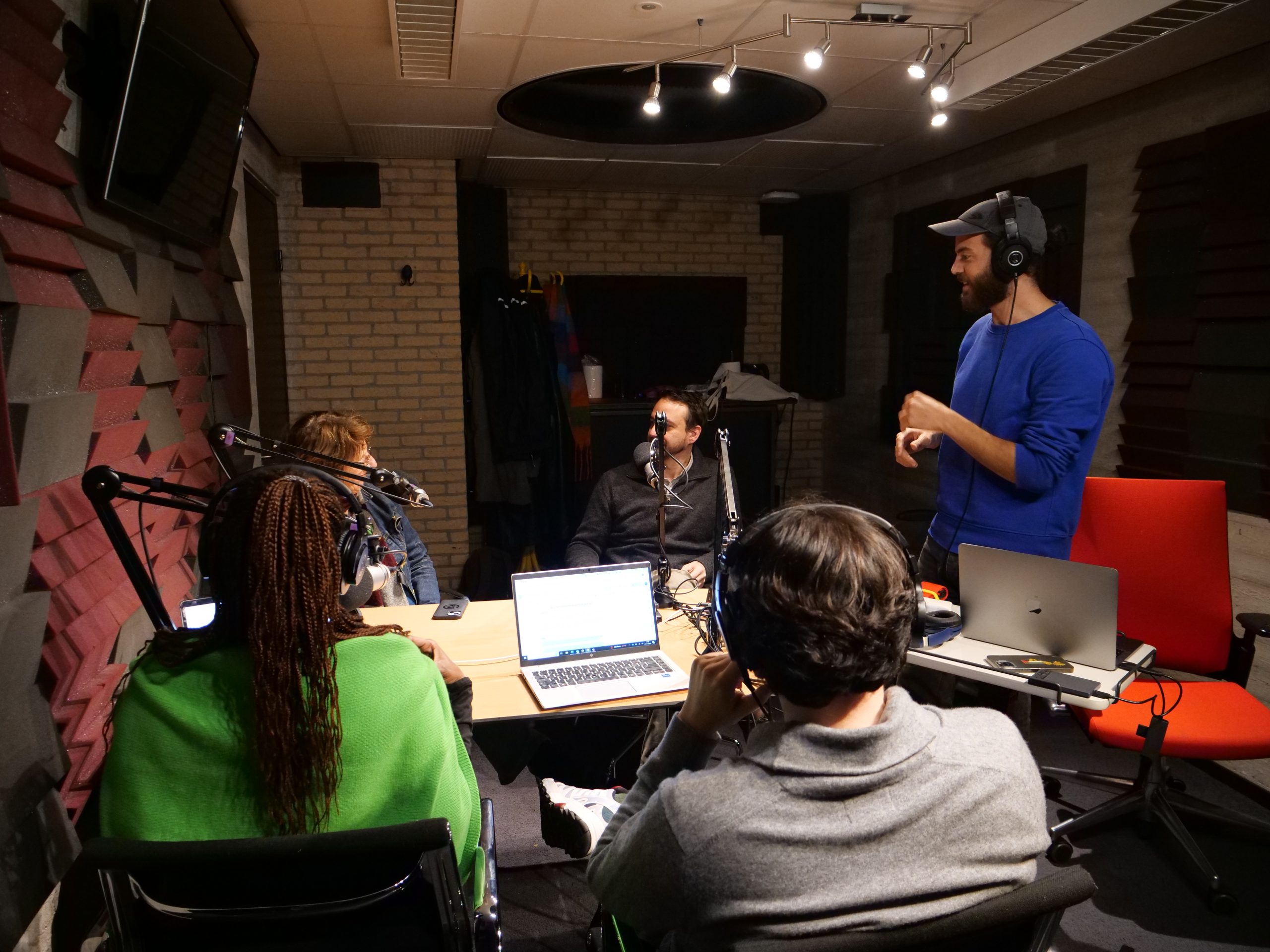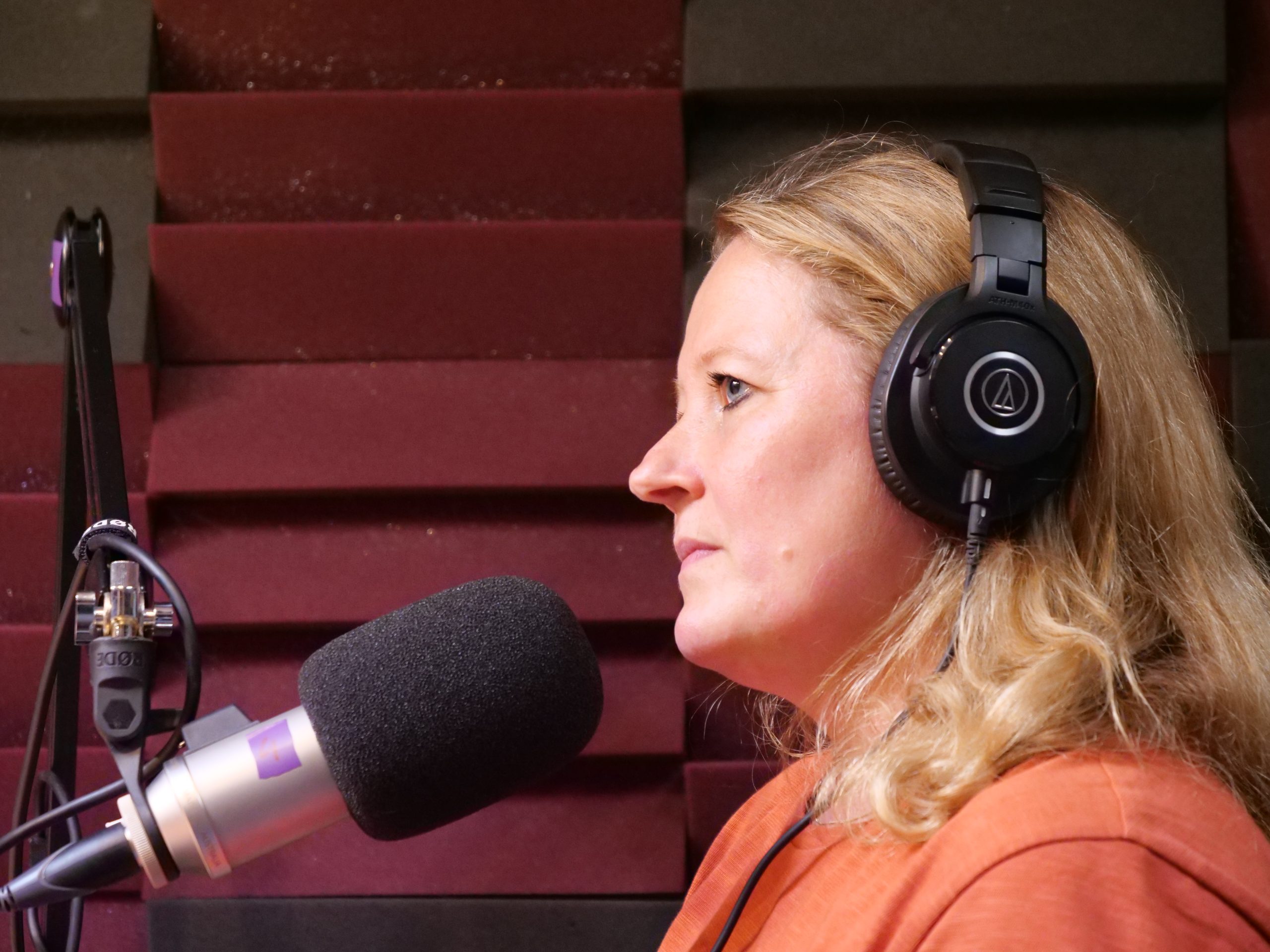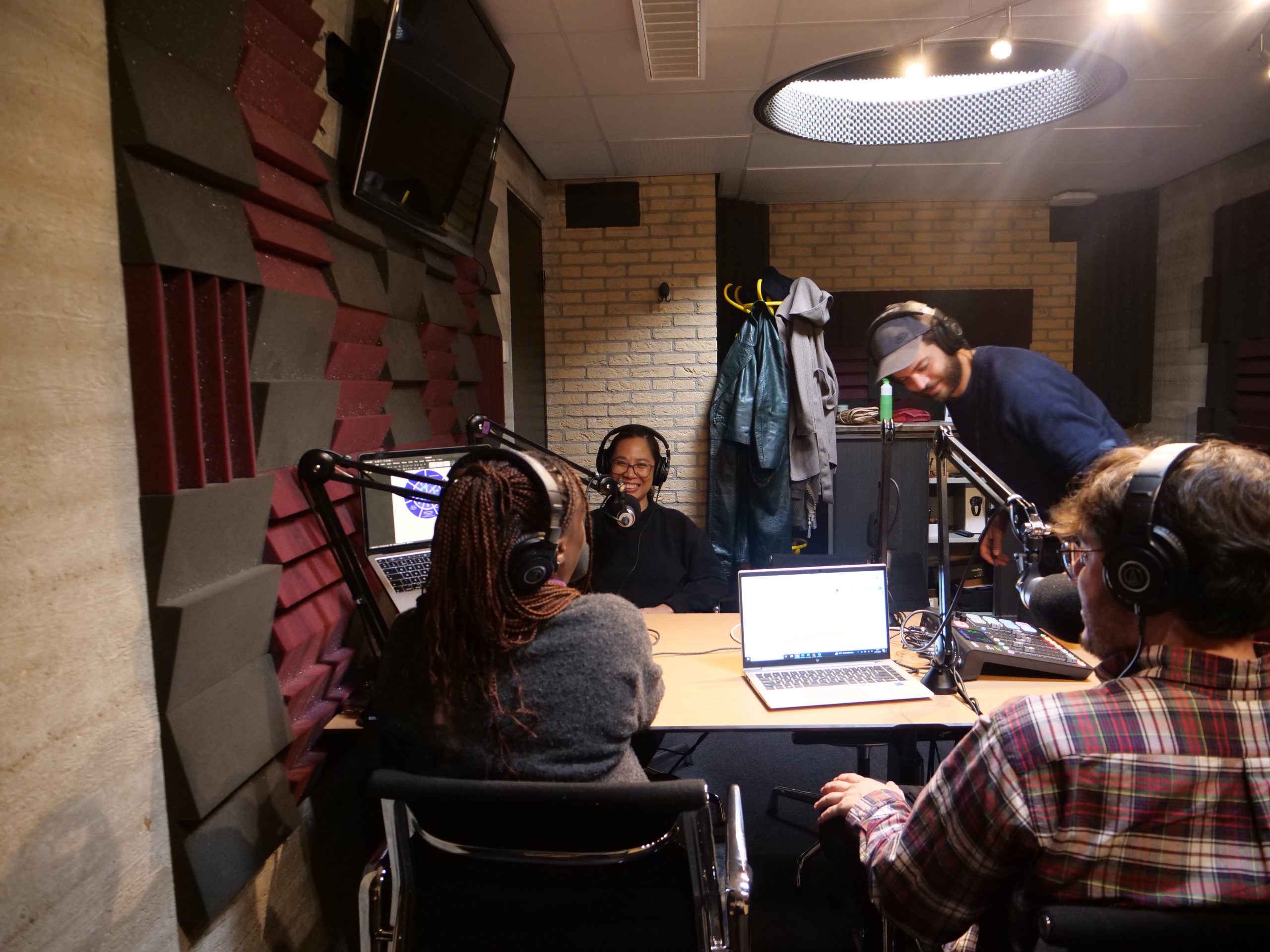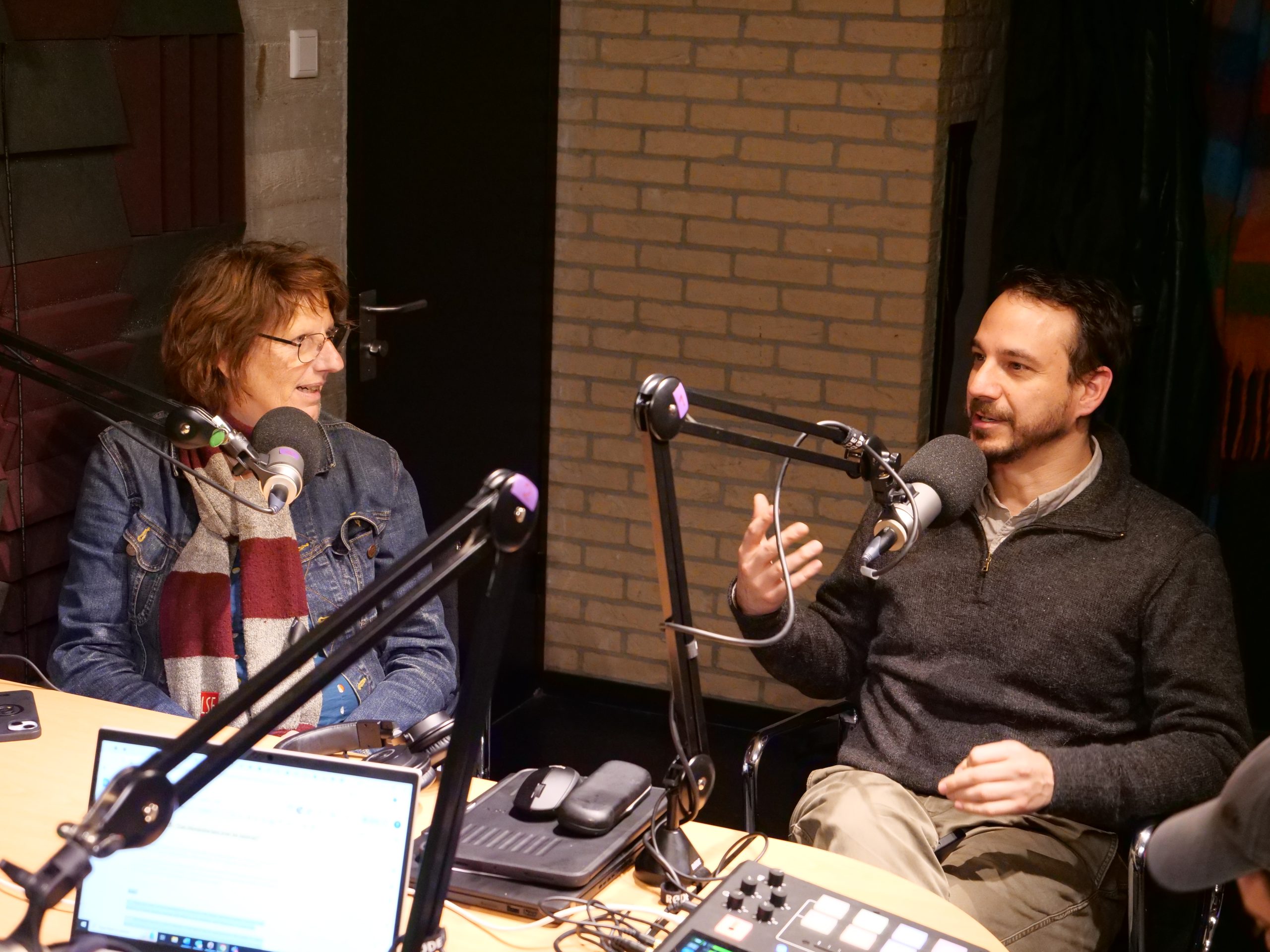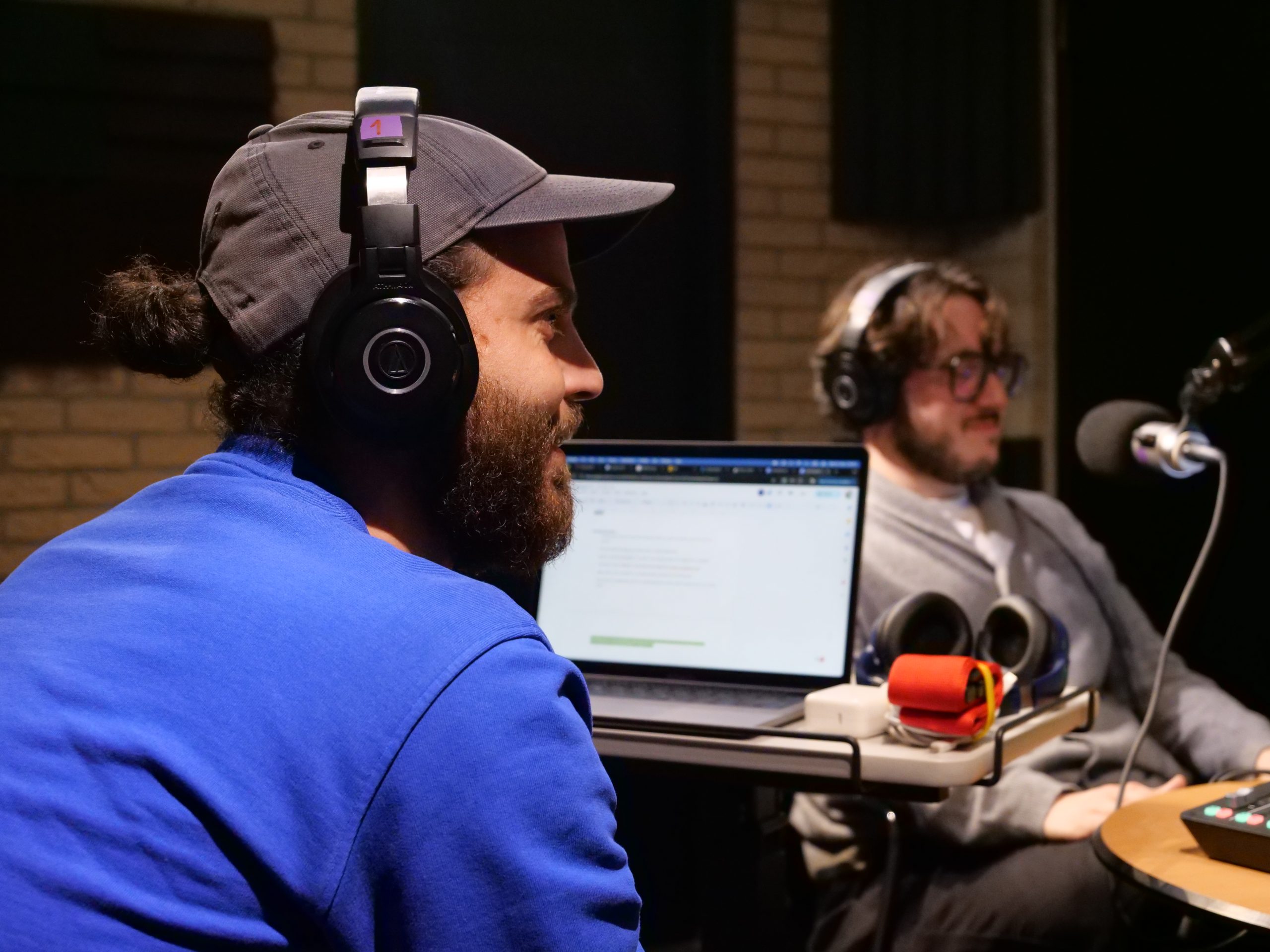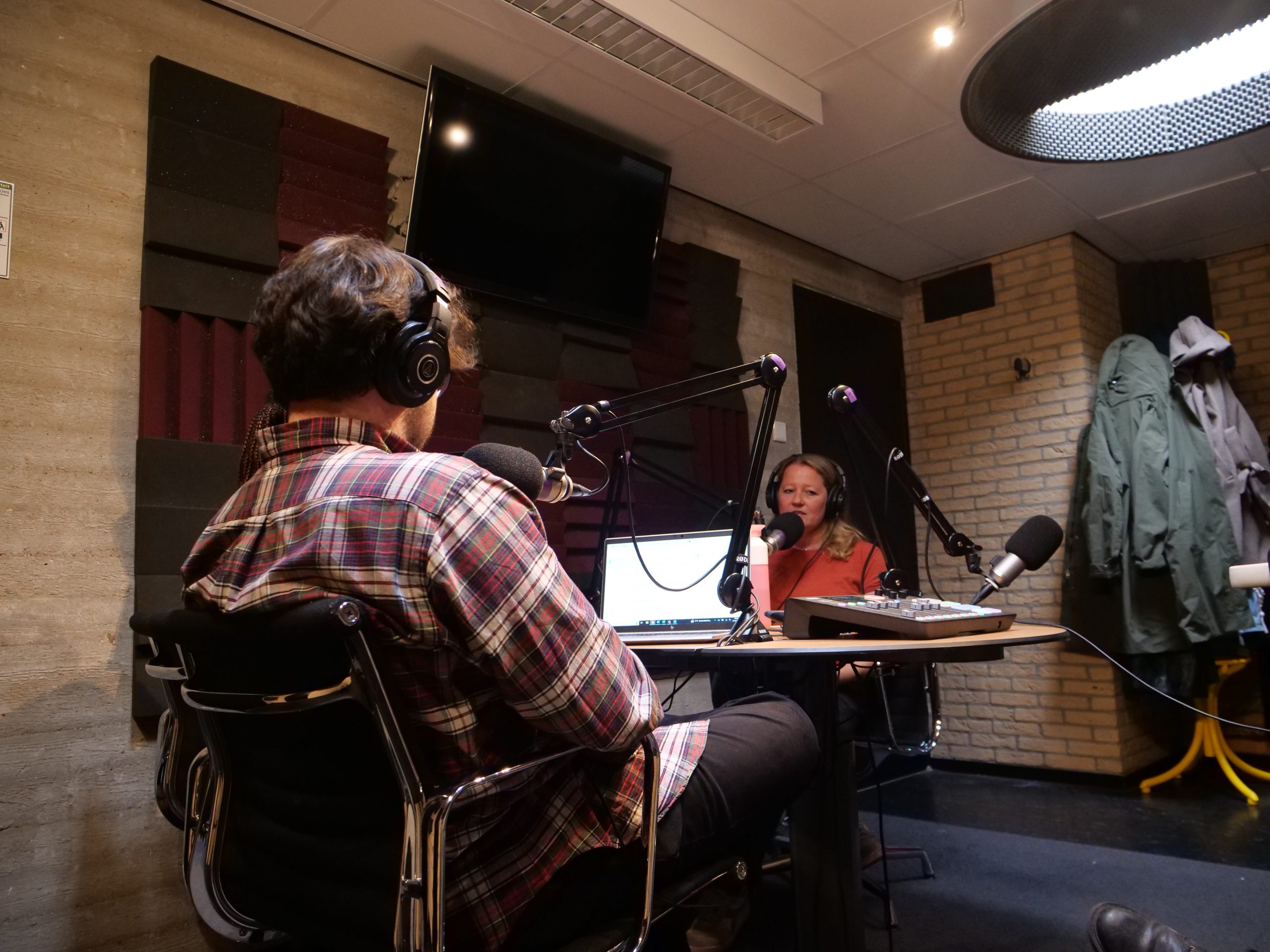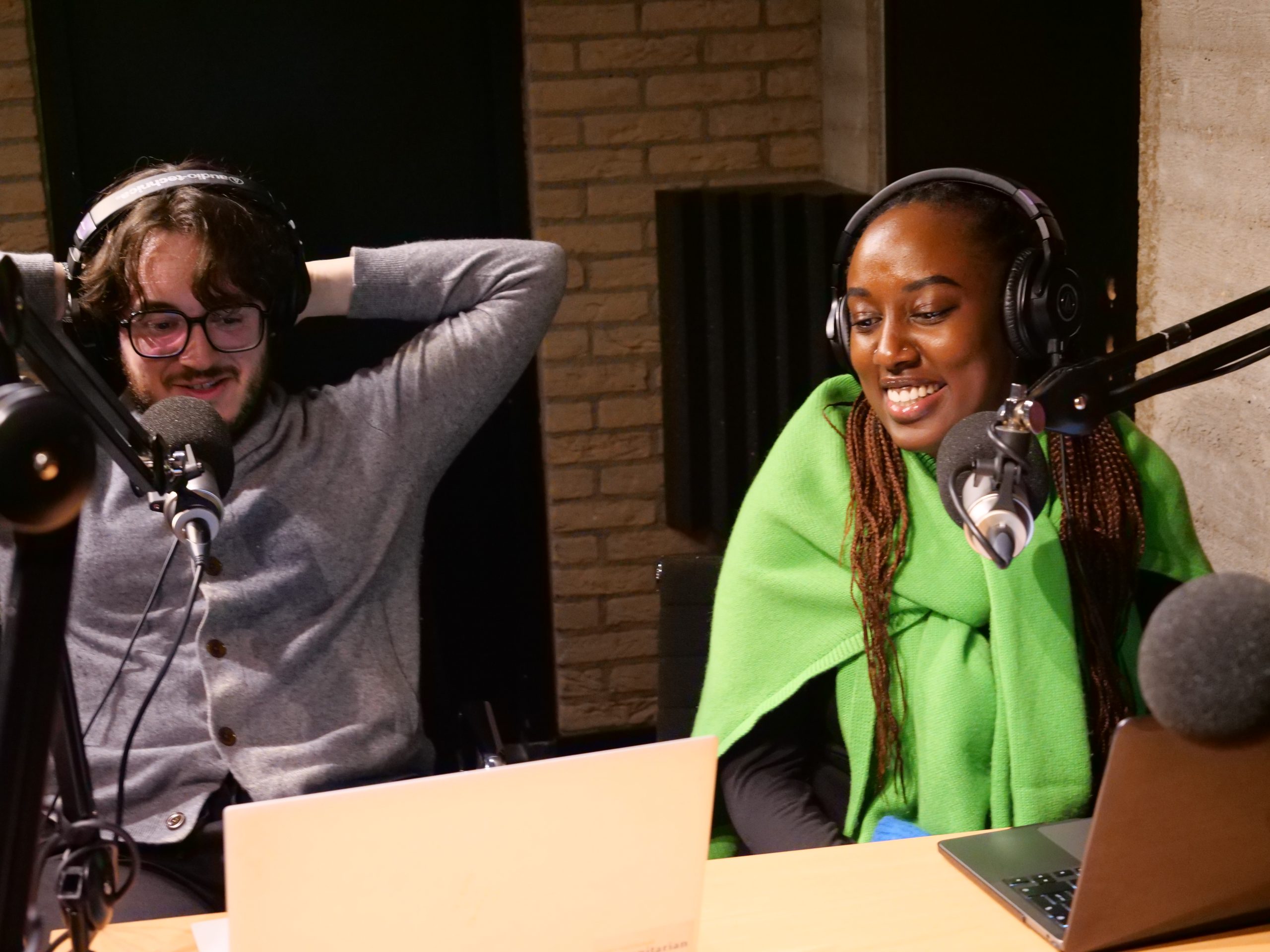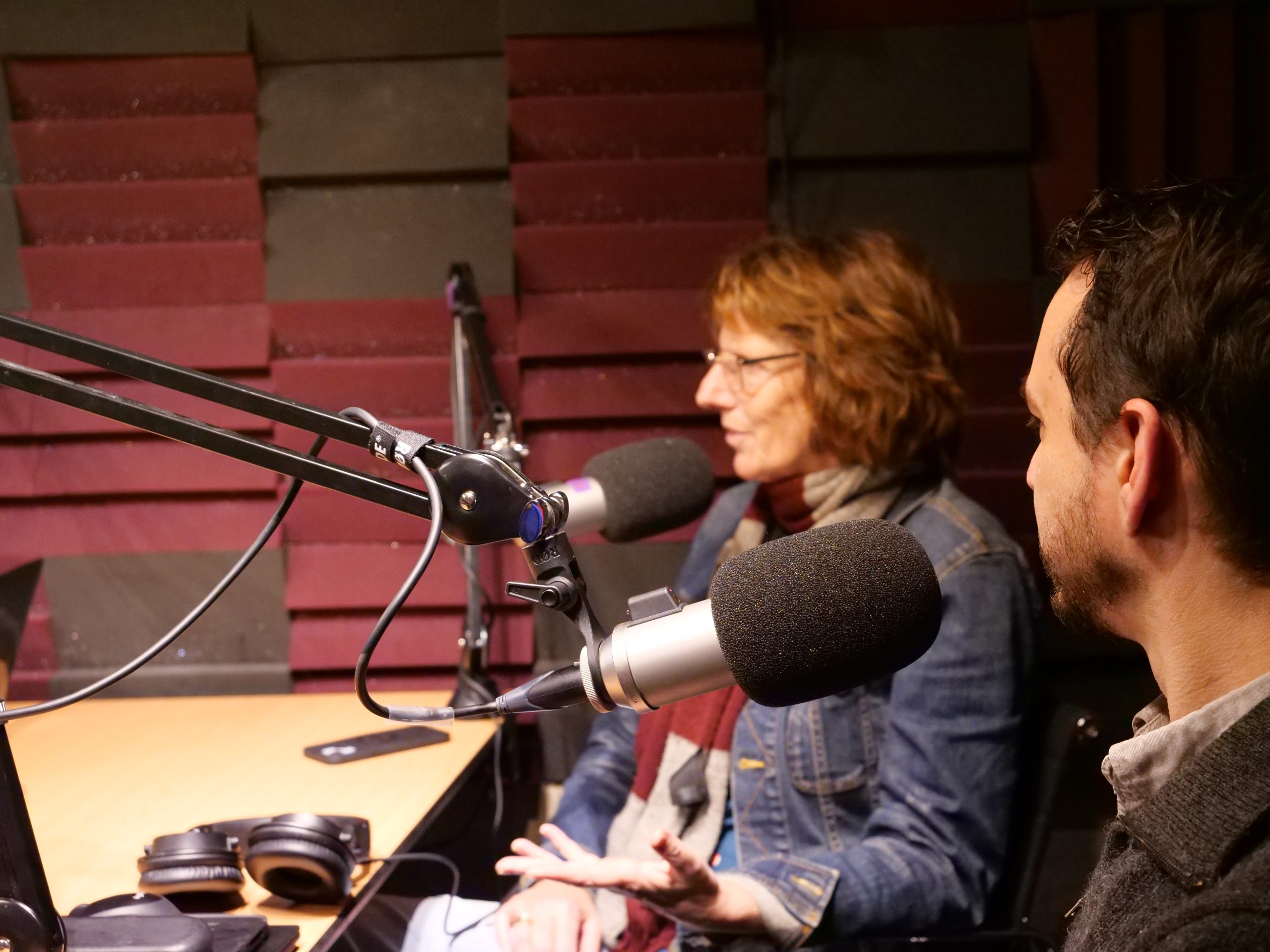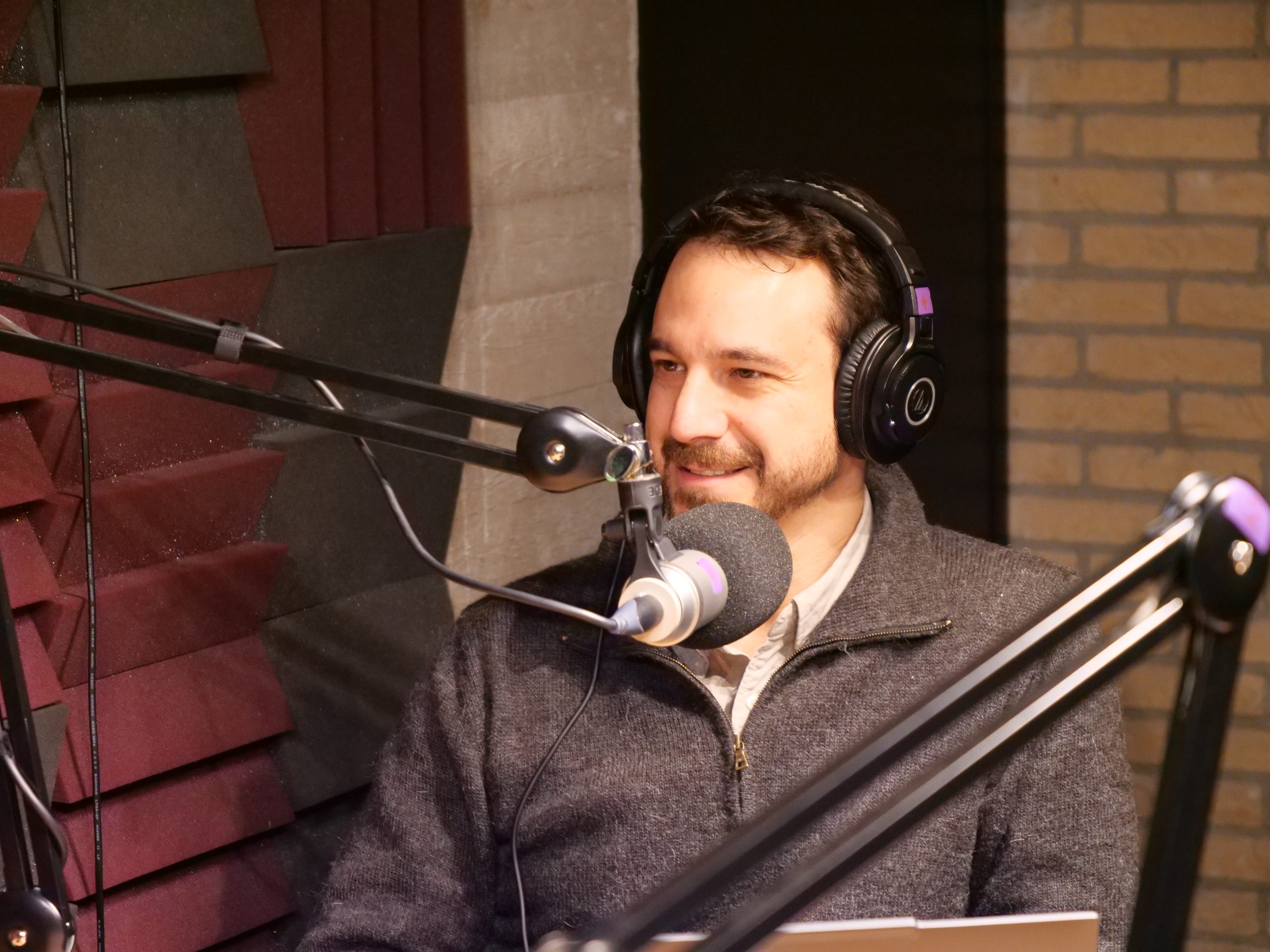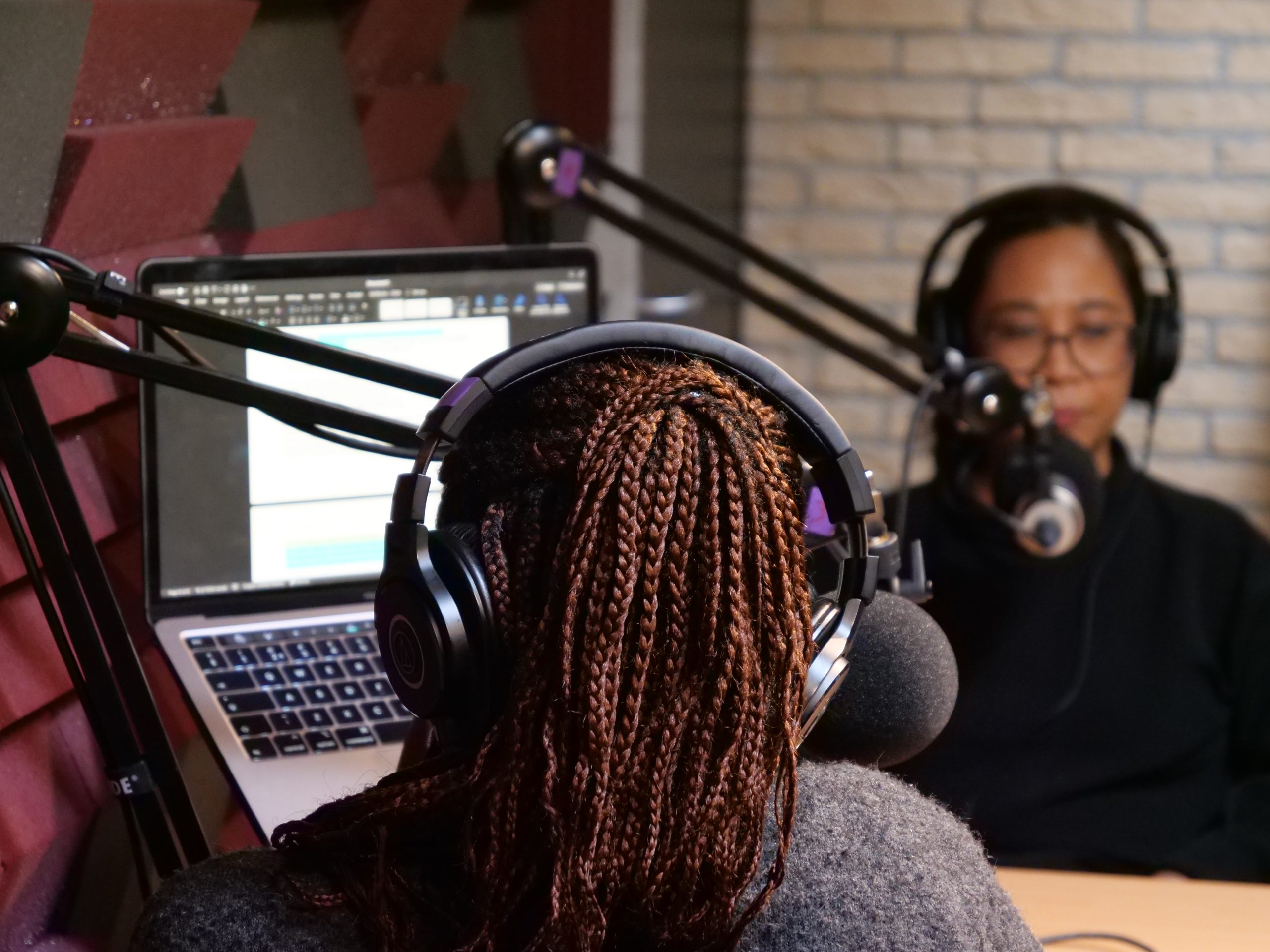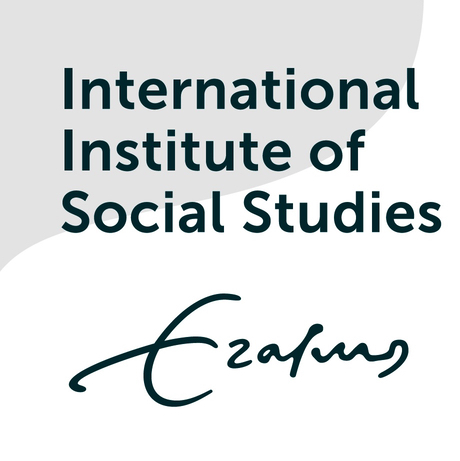
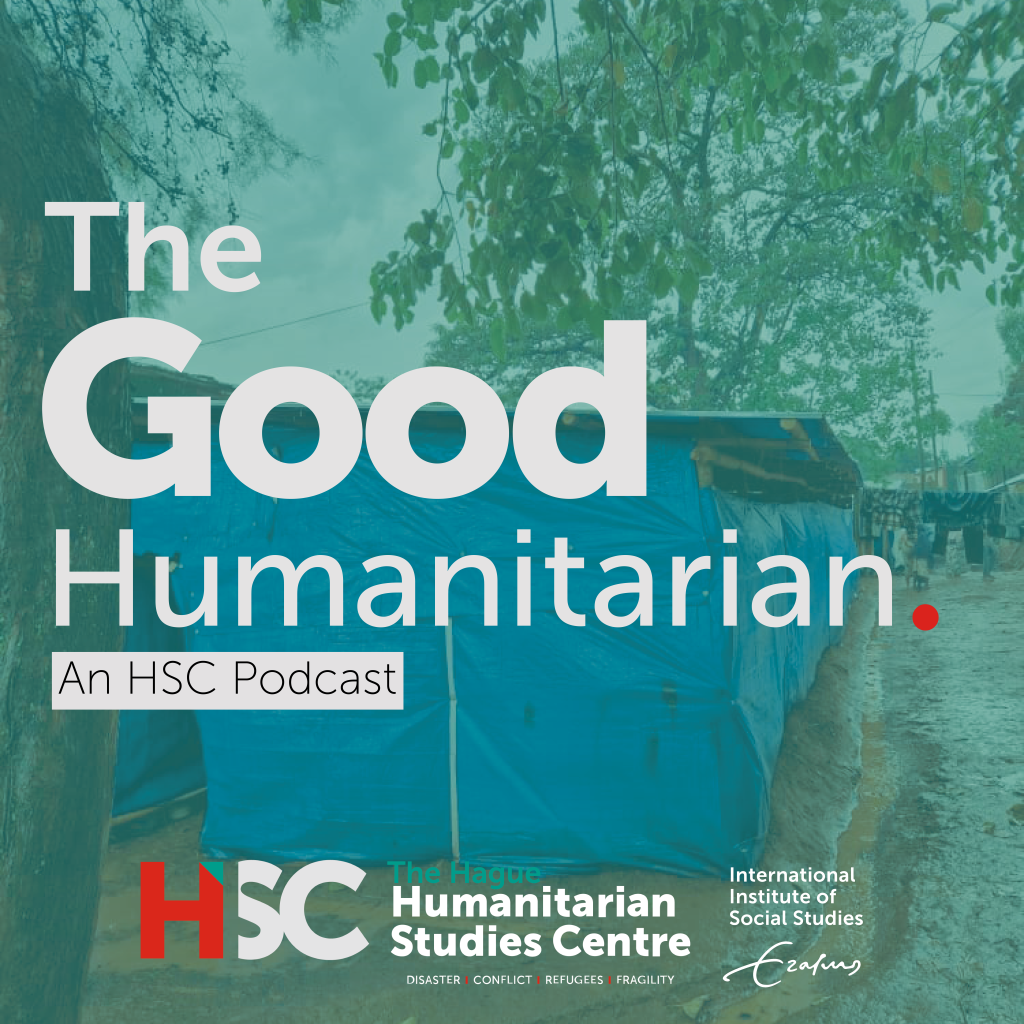
The Good Humanitarian | An HSC Podcast
Have you ever sat and wondered how disasters like floods and earthquakes intersect with conflicts, or how climate change will influence the disasters and responses of tomorrow? Humanitarianism is often thought to be about heroes and victims. But really, it’s about people, just like you and I, living through and dealing with extreme situations in their own ways. The humanitarian system is itself a patchwork of people and organisations. And, like all systems, the people who work within it can make mistakes or bad decisions. The first season of ‘The Good Humanitarian’ podcast delves into all of this and more with experts from the HSC.
Read the ISS news item and find the podcast featured in ‘Increasing anti-migration rhetoric and the link to national populism’ May 2025 DevISSues.
blank
Knowledge mediums like this podcast call academics to think along and repackage their work into fun and digestible gobbets and make use of the science communications talent available to help boost our collective ‘impact’… whatever ‘impact’ means! Read more about this in a blog by the podcast co-hosts Tom Ansell and Sarah Njoroge and podcast manager, Gabriela Anderson.
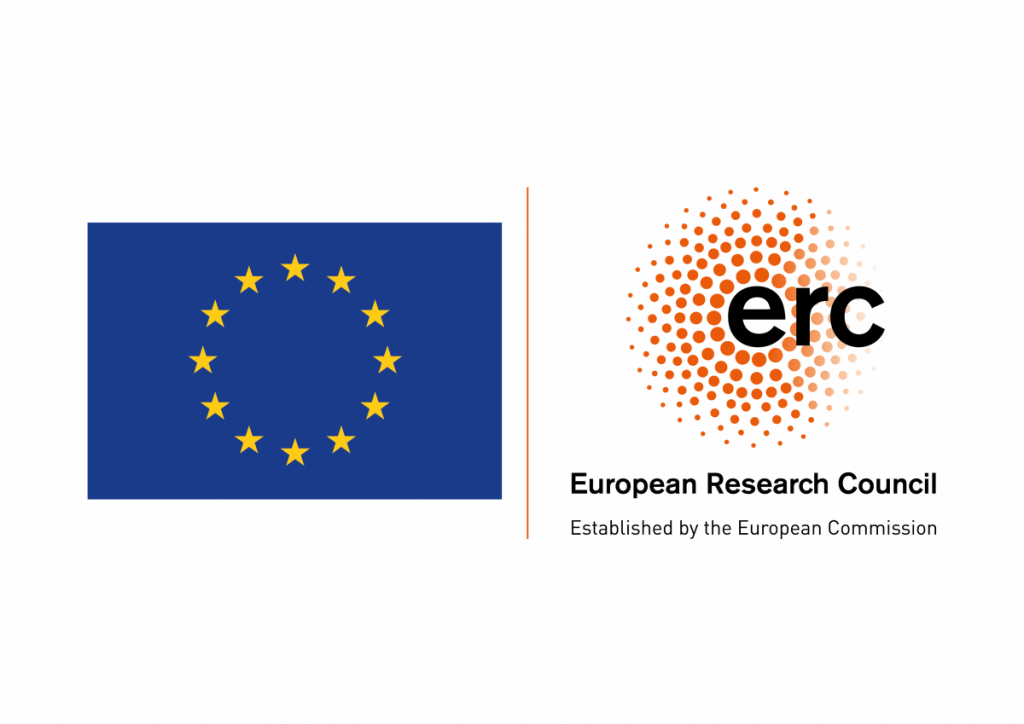
The first season of the podcast is part of the Humanitarian Governance: accountability, advocacy, alternatives project. This project has received funding from the European Research Council (ERC) under the European Union’s Horizon 2020 research and innovation programme under grant agreement No. 884139
Listen to the first season of ‘The Good Humanitarian’ available on Spotify and Apple Podcasts
blank
Episode 1
Thousands of crises, thousands of responses
We are joined by Professor Thea Hilhorst, director and founder of the HSC, for the first episode which looks at how there’s no “one-size fits all” response to a disaster.
blank
Listen on Apple Podcasts
blank
blank
Episode 2
Humanitarians are always good, right?
What principles underpin how Humanitarians work? Can humanitarians cause more harm than good sometimes? Join HSC senior researcher Dr Kaira Zoe Cañete to tackle these questions and more.
Listen on Apple Podcasts
blank
Episode 3
The climate is changing, and people are moving
What is the relationship between the climate crisis and migration? And what does this mean for the humanitarian field? Dr Sonja Fransen delves into these complex intersections in our third episode.
Listen on Apple Podcasts
blank
Episode 4
Making a bad situation much much worse: when disaster meets conflict
Dr Rodrigo Mena, deputy director of the HSC, unpacks the complexities that is the intersection between conflicts and disasters within the humanitarian arena in this fourth episode of the podcast.
blank
Listen on Apple Podcasts
blank
blank
Episode 5
Can humanitarians ever be neutral?
Blank
Returning guests Professor Hilhorst and Dr Mena join us for this final episode where together we will look at everything from the meaning of neutrality, how it works in practice, its challenges as well as some examples.
blank
Listen on Apple Podcasts
blank
Go behind the scenes on production of the podcast:
What makes a good humanitarian?
Hear from our podcast guests and let us know via social media or email humanitarianstudiescentre@iss.nl
… a certain modesty, not the modesty of the good samaritan … [but] undestanding your role and understanding that your role is not bigger than it is … Your role should be to facilitate, to make things possible, to enable people in communities, NGOs, CSOs, to help themselves and help each other rather than just stepping in and stepping up. Now, with that modesty comes a whole attitude that is not superior, that is not arrogant … that is perhaps the beginnning of a definition of a good humanitarian …
– Professor Thea Hilhorst, Episode 1
In many ways, people do what they do often times with the best intentions of helping, right? But then we also talked about how acts of helping might actually result in harm and of silencing voices of the people who are actually affected … and I think a good humanitarian … should be able to sit with that discomfort and not just try to put it under the rug …“stay with the trouble” … and be open to conversations and create a common ground for needed changes to happen.
– Dr Kaira Zoe Cañete, Episode 2
… someone who listens, who is open to different views and especially to the communities who are affected. So I think a good humanitarian is someone who listens and also acts … Very often academics and the policy makers don’t talk enough … or the insights that we get from our research are often not implemented in policy … but we just keep on going and we try to base our policy advices on sound academic research and I think that’s all we can do in the end – make our voices heard …
– Dr Sonja Fransen, Episode 3
… we can talk forever about the humanitarian principles or even more technically about the core humanitarian standards, the Sphere standards, the technical aspects, the clusters, WASH … you need to be bilingual in this sector, you need to speak about all these different acronyms … but in reality what we need to come back to all the time is to be reflective and critical about our own practices and that’s something most humanitarians complain about… we don’t have time to stop and reflect …
– Dr Rodrigo Mena, Episode 4
A good humanitarian focuses on the own root of humanity and focuses on empathy and inclusivity and beyond that it’s just really simple: It’s how do I protect the wellbeing, the safety of others? That plays out in a very difficult space … like how Rod and Thea have said it. There’s clearly many many moral dilemmas but I feel like a good humanitarian never forgets people at the root of all of it … A good humanitarian is someone who is willing to go back to the drawing board and say hold on, maybe we need to think about this in a world that’s changing very very fast and becoming more and more complicated.
– Co-host Sarah Njoroge, Episode 5
Contact
humanitarianstudiescentre@iss.nl
Visit the HSC
Based at the International Institute of Social Studies
Kortenaerkade 12
2518 AX The Hague
The Netherlands
Quick links
blank>



